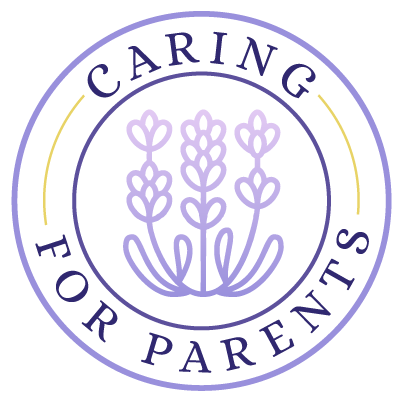For many seniors, the vibrant world around them can seem to lose some of its luster as they age. This decline can often be attributed to age-related hearing and vision loss, both of which are incredibly common. Let’s delve into these typical changes and explore ways to maintain optimal sensory function as we mature.
Hearing Loss:
Age-related hearing loss, also known as presbycusis, affects a significant portion of the older population. According to the National Institute on Deafness and Other Communication Disorders (NIDCD), around two-thirds of people aged 70 and over experience some degree of hearing loss [1]. This decline is primarily caused by the degeneration of hair cells in the inner ear, which are responsible for converting sound waves into electrical signals for the brain to interpret.
Symptoms of hearing loss in seniors may include:
- Difficulty hearing conversations, especially in noisy environments
- Muffled or distorted sounds
- Difficulty understanding speech, particularly when words are spoken softly or quickly
- Needing to turn up the volume on the television or radio more often
Vision Loss:
Age-related vision loss encompasses several conditions that can affect an older adult’s ability to see clearly. The American Academy of Ophthalmology reports that nearly one in three adults aged 65 and over has some form of vision impairment [2]. Common causes include:
- Macular degeneration: This age-related deterioration of the macula, the central part of the retina responsible for sharp central vision, can lead to blurred vision and difficulty seeing colors.
- Cataracts: A clouding of the lens of the eye, cataracts can cause blurry or cloudy vision, glare sensitivity, and faded colors.
- Glaucoma: This group of eye diseases damages the optic nerve, leading to gradual vision loss, often starting from the periphery.
Signs of vision loss in seniors may include:
- Blurred or cloudy vision
- Difficulty seeing in low light
- Increased difficulty reading or performing close-up tasks
- Distorted or wavy vision
- Seeing halos around lights
Living with Hearing and Vision Loss:
While these sensory declines can be frustrating, there’s good news! Early detection and management can significantly improve your quality of life. Regular checkups with an audiologist and ophthalmologist are crucial. Treatment options for hearing loss include hearing aids and cochlear implants, while vision loss may be addressed with eyeglasses, contact lenses, or even surgery.
Additional Tips:
- Maintain a healthy lifestyle: Eating a balanced diet, exercising regularly, and managing chronic health conditions can all contribute to better hearing and vision.
- Reduce exposure to loud noises: This can help prevent further hearing loss.
- Protect your eyes from UV rays: Wear sunglasses that block UVA and UVB rays to reduce your risk of cataracts and macular degeneration.
- Stay informed about advancements: New technologies and treatments are constantly emerging, so discuss options with your doctor.
By understanding age-related hearing and vision loss, and taking proactive steps to manage these conditions, seniors can continue to experience the world in all its vibrancy for years to come.
Sources:
[1] National Institute on Deafness and Other Communication Disorders: https://www.nih.gov/about-nih/what-we-do/nih-almanac/national-institute-deafness-other-communication-disorders-nidcd
[2] American Academy of Ophthalmology: https://www.aao.org/education/eye-disease-statistics





